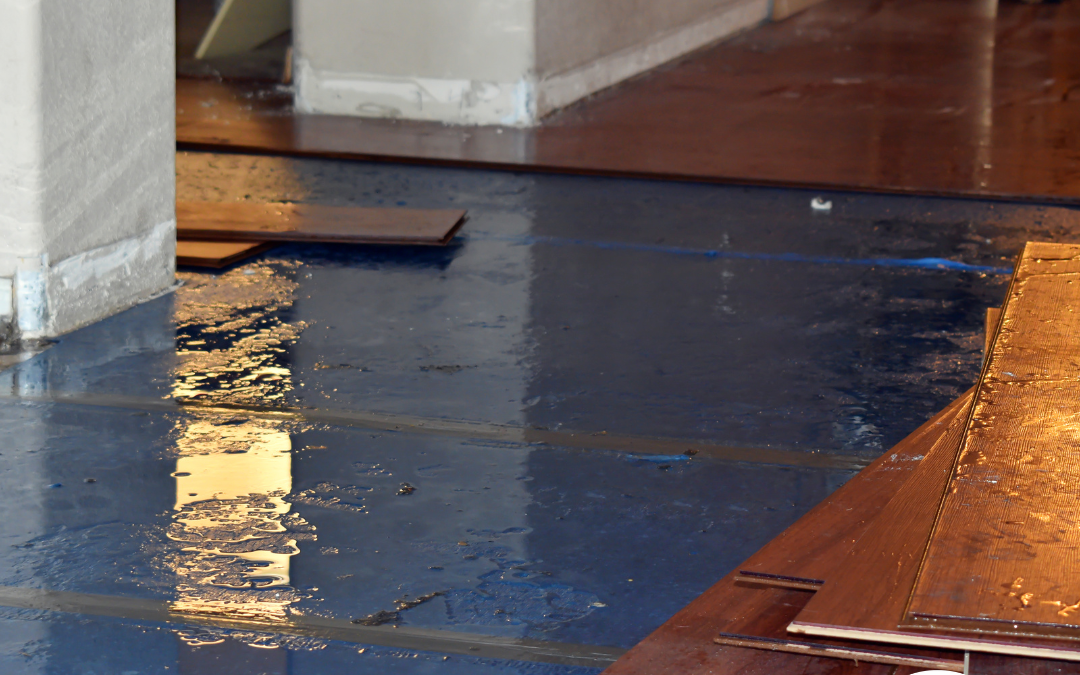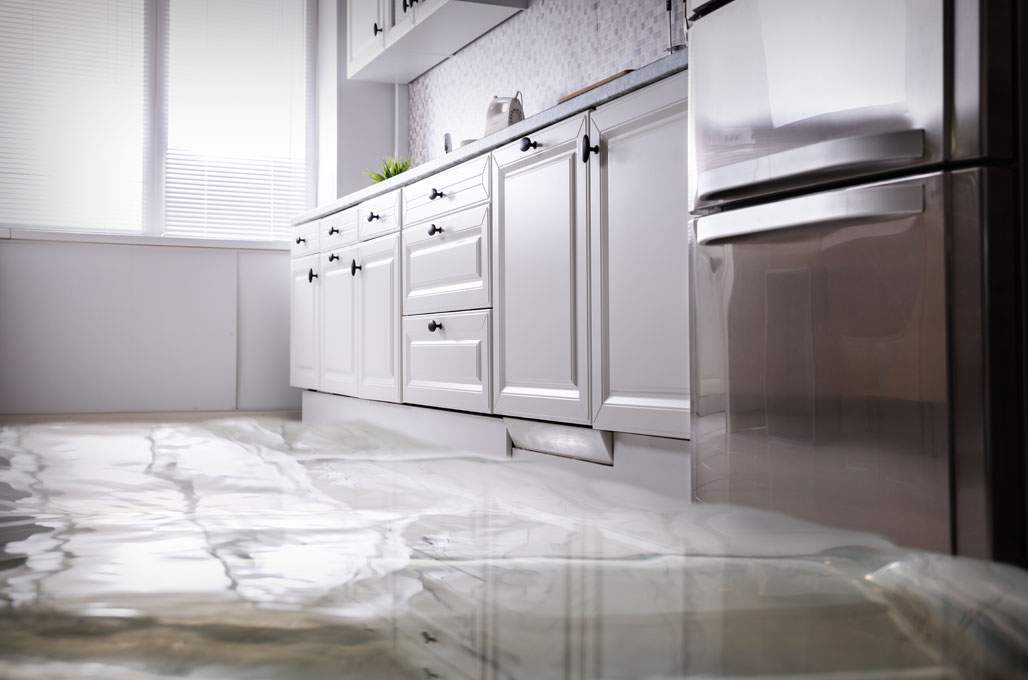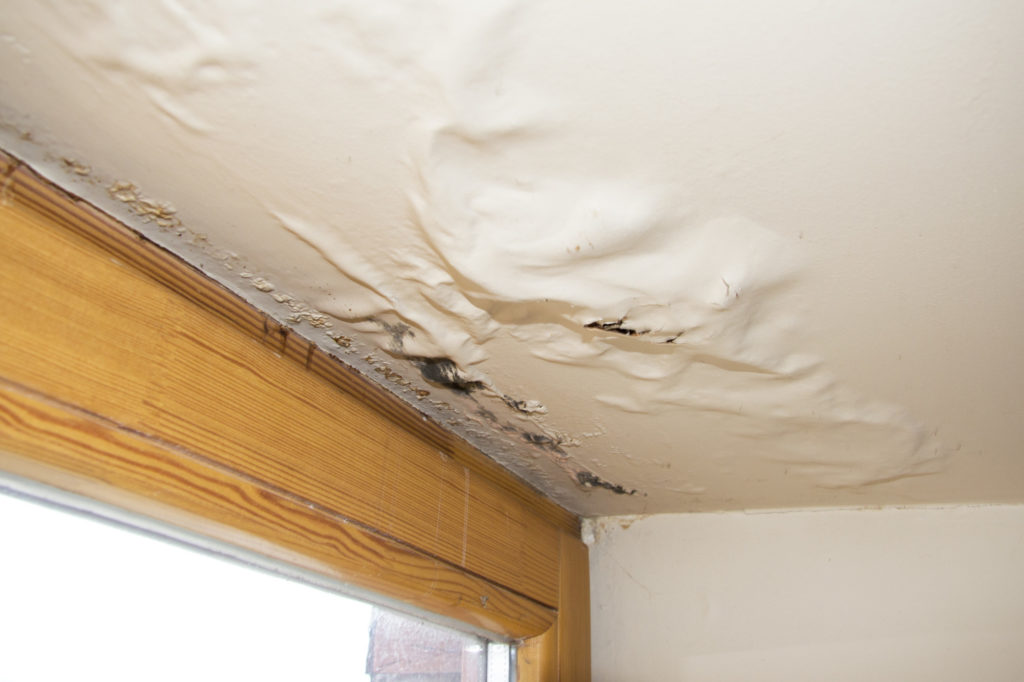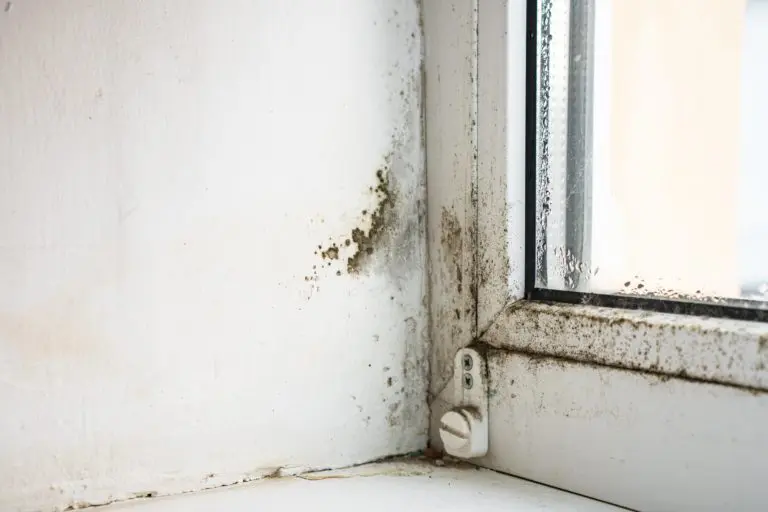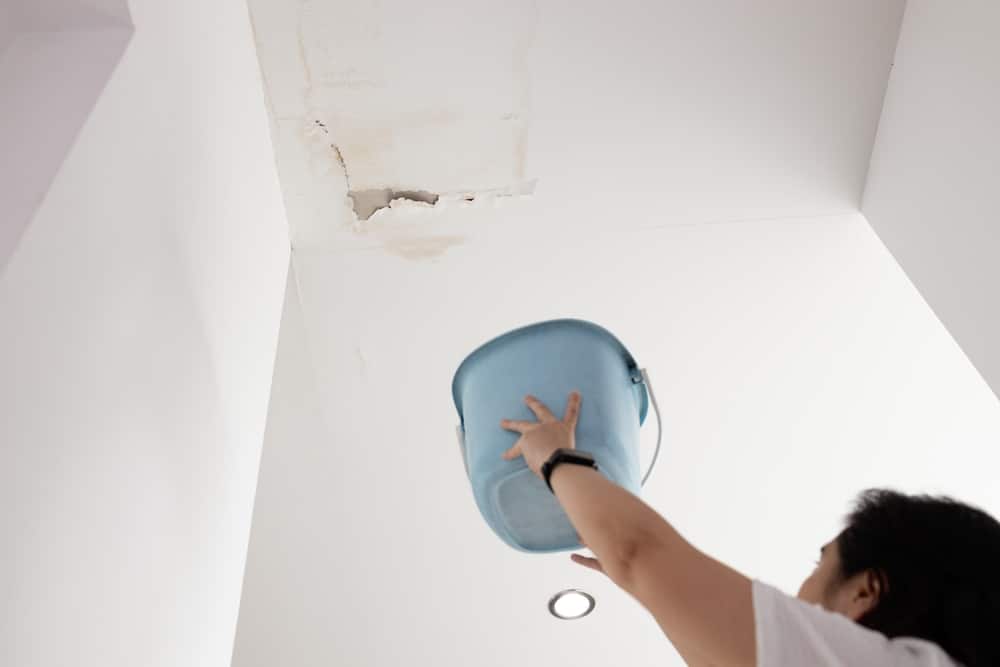The effects of pressure on plumbing leaks can be significant, leading to costly repairs and potential water damage. Understanding how water pressure affects plumbing systems is crucial for maintaining the integrity of your home or building. In this article, we will explore the various aspects of water pressure, how it impacts plumbing leaks, and what you can do to prevent these issues.

What is Water Pressure?
Water pressure is the force exerted by the water in your plumbing system. It is measured in pounds per square inch (PSI) and determines how fast water flows through your pipes. Ideal water pressure is typically between 40 to 60 PSI. Deviations from this range can lead to plumbing issues.
Causes of High Water Pressure
High water pressure can occur due to various reasons, such as:
- Municipal water supplier settings
- Elevation changes in your area
- Faulty pressure regulator
High water pressure can cause significant stress on your plumbing system, leading to leaks, burst pipes, and other damage.
The Relationship Between Water Pressure and Leaks
There is a direct relationship between water pressure and leaks. Increased pressure causes strain on pipes and joints, which can weaken them over time and result in leaks. Regularly monitoring and adjusting water pressure can help prevent these issues.
Signs of High Water Pressure
Common signs of high water pressure include:
- Banging noises in pipes
- Frequent leaks
- Appliance malfunctions
- Shortened lifespan of plumbing fixtures
Identifying these signs early can save you from extensive repairs.
Testing Water Pressure
It is important to regularly test water pressure to ensure it remains within the optimal range. You can do this using a water pressure gauge available at hardware stores. Testing helps in identifying issues early and prevents further damage.
Preventing Plumbing Leaks
Preventing plumbing leaks involves maintaining proper water pressure, regular inspections, and timely repairs. Installing pressure reducing valves can help manage water pressure effectively and prevent leaks.
Benefits of Pressure Reducing Valves
Pressure reducing valves offer several benefits, including:
- Protection of plumbing fixtures
- Increased lifespan of appliances
- Reduced water waste
They are vital components in maintaining a healthy plumbing system.
How to Install Pressure Regulators
Installing pressure regulators is a straightforward process that can significantly impact water pressure management. For detailed instructions, refer to this guide on installing pressure regulators.
Consequences of Ignoring High Water Pressure
Ignoring high water pressure can lead to severe consequences, including:
- Pipe bursts
- Water damage
- Increased repair costs
Regular maintenance and monitoring can prevent these issues.
Understanding Water Hammer
Water hammer is a common phenomenon caused by high water pressure, leading to banging noises in pipes. It occurs when water flow is suddenly stopped, creating shock waves. This can be resolved by installing water hammer arrestors.
Impact on Water Bills
High water pressure can increase water usage, leading to higher water bills. By maintaining optimal water pressure, you can reduce water consumption and save on utility costs.
Professional Help
If you are unsure about how to handle water pressure issues, it is advisable to seek professional help. A plumber can assess your system and recommend appropriate solutions.
Water Damage Prevention
Preventing water damage is crucial for maintaining your property. For more tips, visit this guide on water damage prevention.
Conclusion
Understanding the effects of pressure on plumbing leaks is essential for maintaining a healthy plumbing system. Regular monitoring, proper maintenance, and timely interventions can prevent costly repairs and ensure the longevity of your plumbing infrastructure.

FAQs
What is the ideal water pressure for a home?
The ideal water pressure for a home is between 40 to 60 PSI.
How can I reduce high water pressure?
Installing pressure reducing valves and regularly testing your water pressure can help reduce high water pressure.
What are the signs of a plumbing leak?
Signs of a plumbing leak include damp spots, mold growth, and unexplained increases in water bills.
This article contains affiliate links. We may earn a commission at no extra cost to you.


